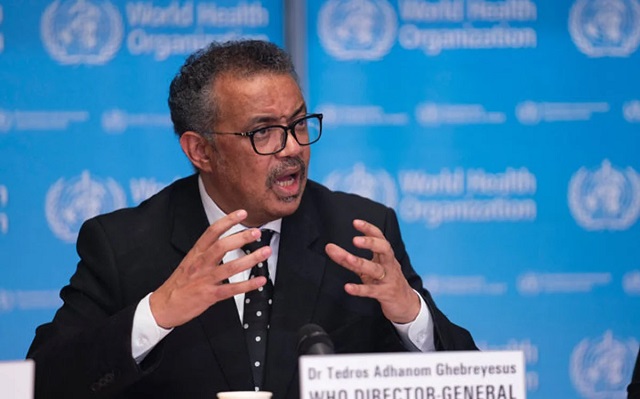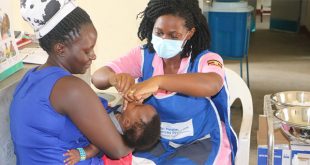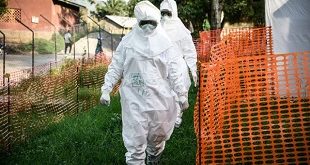
Kampala, Uganda | THE INDEPENDENT | The majority of the world’s the population remains susceptible to COVID-19, even as countries have started easing restrictions which were initially put in place to tame the virus.
Addressing the World Health Organization (WHO) Member States attending the 73rd session of the World Health Assembly in Geneva via videoconference, the UN Secretary-General António Guterres pointed out that there had been very little unity in the global response to the new coronavirus so far.
According to Guterres, many countries have ignored the recommendations of the World Health Organization leading to further spread of the virus and risk for further spikes and waves. Because of this, “a microscopic virus has brought us to our knees,” he said, before reiterating his support for the WHO, which he described as irreplaceable and one that needed more resources to support at-risk developing countries.
The 73rd session of the Assembly – which is the decision-making body of the World Health Organization (WHO) – is being held virtually over two days – instead of the usual two weeks, because of the COVID-19 pandemic. Under the assembly’s cut-down agenda, country delegations are expected to deliver statements focusing specifically on the COVID-19 pandemic, with other business, pushed back to later in the year.
Likening the strategies adopted by countries to a global failure to address climate change, Guterres repeated his call for more nations to address the pandemic’s health impact and economic and social fallout. “Unless we control the spread of the virus, the economy will never recover”, he explained.
To date, the WHO has reported more than 4.5 million cases of COVID-19 infection and more than 300,000 lives lost, Director-General Tedros Adhanom Ghebreyesus told the Member States on Monday.
The infection has moved like a bushfire, Tedros continued, before warning that the early blood test studies consistently indicated that only between one and two people in 10, appeared to have come into contact with the disease, triggering an immune reaction shown by the existence of antibodies.
No country has been spared in coming to grips with the infection, he added, before noting that while some are still “bracing for the worst”, others have begun to ease lockdown measures.
“WHO fully understands and supports the desire of countries to get back on their feet and back to work,” he said, nonetheless urging caution. It’s precisely because we want the fastest possible global recovery that we urge countries to proceed with caution. Countries that move too fast, without putting in place the public health architecture to detect and suppress transmission, run a real risk of handicapping their own recovery.”
At the same time, the ongoing pandemic risks unwinding “decades of progress” against maternal and child mortality, HIV, malaria, tuberculosis, no communicable diseases, mental health, polio”, among other urgent health threats, the WHO chief said.
*******
URN
 The Independent Uganda: You get the Truth we Pay the Price
The Independent Uganda: You get the Truth we Pay the Price



